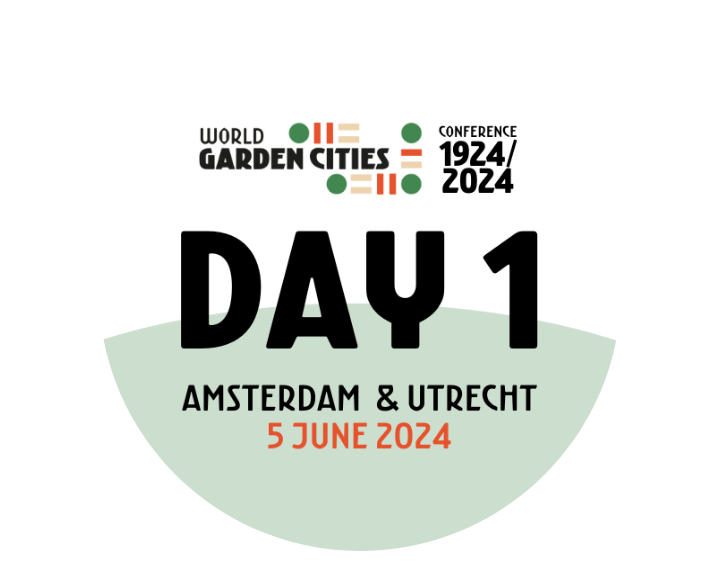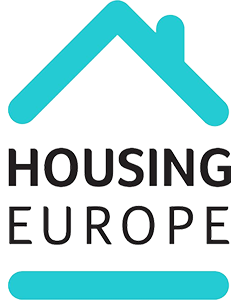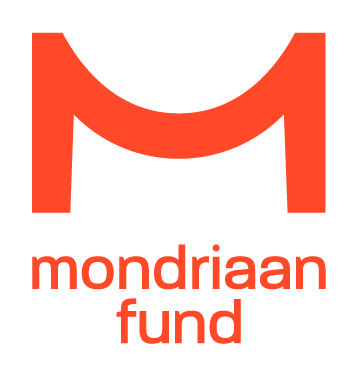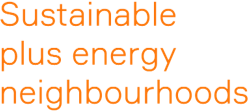The first day of the conference will take place at Het Ketelhuis in Amsterdam in the morning, followed by excursions in the afternoon to various locations in Amsterdam or Utrecht.
The World Garden Cities Conference is a joint initiative of:

Programme Day 1
The importance of the ideas of the Garden City movement today
Location: Het Ketelhuis, Westergas Amsterdam
Moderator: Pepijn Bakker
09:00
Doors open
09:30–09:45
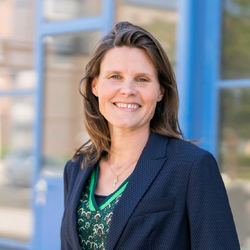 Anne-Jo Visser – Director Federation Social Housing Associations Amsterdam
Anne-Jo Visser – Director Federation Social Housing Associations Amsterdam
Word of welcome.
09:45–10:00
Introductory film about the history and development of the Garden City.
10:00 – 10:20
 Katy Lock – Director – Communities (FJ Osborn Fellow) Town and Country Planning Association (TCPA) and board member of the International Federation of Housing Planning (IFHP)
Katy Lock – Director – Communities (FJ Osborn Fellow) Town and Country Planning Association (TCPA) and board member of the International Federation of Housing Planning (IFHP)
The Garden City movement today and the modern implementation of the Garden City Principles.
10.30–10.50 – Coffee break
11:00–11:20
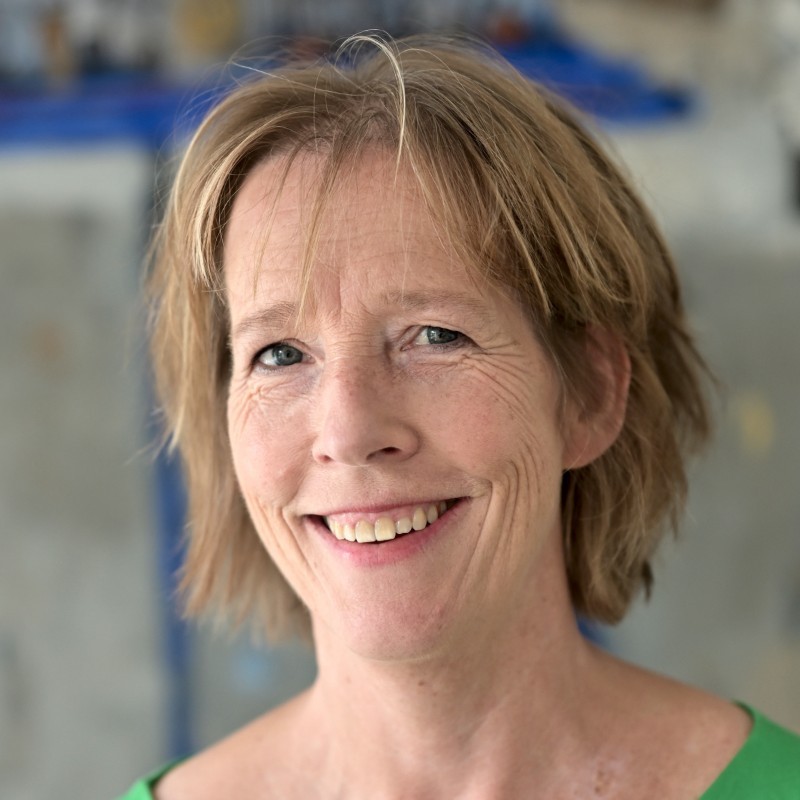 Hilde Blank – CEO/partner BVR, office for spatial design, and chair Van Eesteren – Fluck & Van Lohuizen foundation
Hilde Blank – CEO/partner BVR, office for spatial design, and chair Van Eesteren – Fluck & Van Lohuizen foundation
Back to the future, why garden cities are more relevant than ever.
11:30–11:50
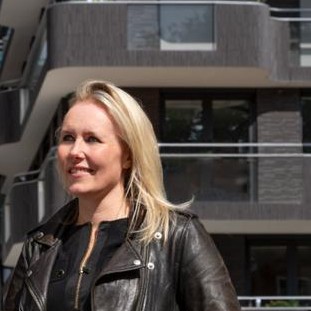 Charlotte Griffioen – Director and Principal Architect MVSA
Charlotte Griffioen – Director and Principal Architect MVSA
The future of Garden Cities: High-rise buildings as vertical forests and parks.
12:00–12:30
Forum on statements and questions with the speakers and various guests:
• What is the most important aspect of the garden city idea: green or community spirit?
• What are the choices for making garden villages and garden cities more sustainable?
• What are the choices considering climate change and housing shortage and the consequences for the garden city idea in future city-developments?
12:45–13:15
Walk from Het Ketelhuis to Museum Het Schip.
13:30–15:30/16:00 – Guided field trips (2 options!)
~ Option 1 – Guided field trip in Amsterdam: Garden Villages and Garden Cities in Amsterdam
- Lunch arranged by Museum Het Schip
- Tuindorp Oostzaan: about the Garden Villages in Amsterdam-Noord. With their expressive architecture, lush greenery and community initiatives, these workers' paradises are a great example of how garden city concepts reached a high point at the beginning of the twentieth century.
- Western Garden Cities: about post-war garden cities and the expansion plan that was made for the city of Amsterdam.
- A visit to the Van Eesteren Museum (tea break)
- Houthavens and Harbour City: about new urban expansion areas in Amsterdam and new possible implementations of the ideas of the Garden City movement.
~ Option 2 – Guided field trip to Utrecht Overvecht-Noord
Revitalizing legacy post-war/modernist social housing estates with the community.
- 14:00–15:00 – Guided visit to Overvecht Noord district. First retrofitted positive high-rise energy building in Europe. Led by Utrecht municipality.
- 15:30–17:00 – Peer2Peer session – community involvement in social housing in NL. Exchanges amongst social housing providers on reconciling affordable housing with nature through community building. Led by Housing Europe / AEDES
- Location: Oproer Brouwerij, Beyaertdreef 5, 3562 GL Utrecht
-
-
15:30-15:45. Social renovation presentation (Woonin)
15:45-16:00. Dutch social housing renovation (AEDES)
16:00-17:00. Interactive exercise - guided exchange between associations (Housing Europe / AEDES)
-
- The 20th century left Europe with the legacy of modernist architecture and planning, widely known for its functional approach to building and space design. The modernist movement, associated with Le Corbusier in France and the Bauhaus style in Germany, borrowed ideas from industrial production to revolutionise housing construction.
Read more
Most social housing estates built in the 60-70s in Western Europe followed the lead to meet the great affordable housing demand that followed WWII. This often translated into massive concrete tower blocks surrounded by an abundance of open green space, which generated inward-looking, isolated housing estates with physical boundaries that segregated lower-income groups from the city. Eventually, modernist estates became a focal point of social exclusion and criminality.
Utrecht municipality and Housing Europe are co-organising a guided excursion to the modernist social housing estate of Overvecht Noord district. The tour will be followed by a peer-to-peer exchange with social housing associations on how to take over the legacy of post-war housing estates together with nature and the community.
The Overvecht-Noord, a low-income district built in the 1960-1970s to house the growing urban population, has the ambition to become fossil-free by 2030, which is supported by the National Government. Two social housing corporations – Woonin and Bo-Ex, together with their partners and other housing associations – are faced with the challenge of renovating approximately 5.000 social housing units in the coming years, while at the same time increasing the public space, quality of life, safety, mobility and culture in the area. It is a major challenge to renovate these apartment buildings to Nearly Zero or Positive Energy Buildings, while also engaging communities and respecting biodiversity.
We invite all social housing associations based in the Netherlands (or outside) to learn more about the innovative social renovation programme used in Overvecht Noord for neighbourhood regeneration and community building. The Peer2Peer session will be an opportunity for fellow social housing providers to share challenges and good practices in revitalising the legacy of post-war/modernist social housing with communities and nature.
Young researchers and students are more than welcome to join us too!
The excursion is organised as part of the EU-funded project ARV.
17:30–19:00 – Drinks at Museum Het Schip
With the possibility to visit the exhibitions.
The Garden City Conference is an initiative by
With support from

